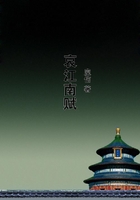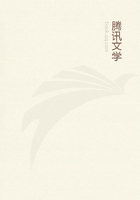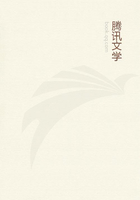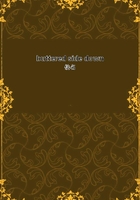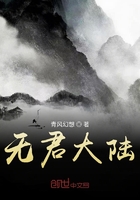In publishing a Second Edition (1875) of the Dialogues of Plato in English, I had to acknowledge the assistance of several friends: of the Rev. G.G.
Bradley, Master of University College, now Dean of Westminster, who sent me some valuable remarks on the Phaedo; of Dr. Greenhill, who had again revised a portion of the Timaeus; of Mr. R.L. Nettleship, Fellow and Tutor of Balliol College, to whom I was indebted for an excellent criticism of the Parmenides; and, above all, of the Rev. Professor Campbell of St.
Andrews, and Mr. Paravicini, late Student of Christ Church and Tutor of Balliol College, with whom I had read over the greater part of the translation. I was also indebted to Mr. Evelyn Abbott, Fellow and Tutor of Balliol College, for a complete and accurate index.
In this, the Third Edition, I am under very great obligations to Mr.
Matthew Knight, who has not only favoured me with valuable suggestions throughout the work, but has largely extended the Index (from 61 to 175pages) and translated the Eryxias and Second Alcibiades; and to Mr Frank Fletcher, of Balliol College, my Secretary. I am also considerably indebted to Mr. J.W. Mackail, late Fellow of Balliol College, who read over the Republic in the Second Edition and noted several inaccuracies.
In both editions the Introductions to the Dialogues have been enlarged, and essays on subjects having an affinity to the Platonic Dialogues have been introduced into several of them. The analyses have been corrected, and innumerable alterations have been made in the Text. There have been added also, in the Third Edition, headings to the pages and a marginal analysis to the text of each dialogue.
At the end of a long task, the translator may without impropriety point out the difficulties which he has had to encounter. These have been far greater than he would have anticipated; nor is he at all sanguine that he has succeeded in overcoming them. Experience has made him feel that a translation, like a picture, is dependent for its effect on very minute touches; and that it is a work of infinite pains, to be returned to in many moods and viewed in different lights.
I. An English translation ought to be idiomatic and interesting, not only to the scholar, but to the unlearned reader. Its object should not simply be to render the words of one language into the words of another or to preserve the construction and order of the original;--this is the ambition of a schoolboy, who wishes to show that he has made a good use of his Dictionary and Grammar; but is quite unworthy of the translator, who seeks to produce on his reader an impression similar or nearly similar to that produced by the original. To him the feeling should be more important than the exact word. He should remember Dryden's quaint admonition not to 'lacquey by the side of his author, but to mount up behind him.'
(Dedication to the Aeneis.) He must carry in his mind a comprehensive view of the whole work, of what has preceded and of what is to follow,--as well as of the meaning of particular passages. His version should be based, in the first instance, on an intimate knowledge of the text; but the precise order and arrangement of the words may be left to fade out of sight, when the translation begins to take shape. He must form a general idea of the two languages, and reduce the one to the terms of the other. His work should be rhythmical and varied, the right admixture of words and syllables, and even of letters, should be carefully attended to; above all, it should be equable in style. There must also be quantity, which is necessary in prose as well as in verse: clauses, sentences, paragraphs, must be in due proportion. Metre and even rhyme may be rarely admitted;though neither is a legitimate element of prose writing, they may help to lighten a cumbrous expression (Symp.). The translation should retain as far as possible the characteristic qualities of the ancient writer--his freedom, grace, simplicity, stateliness, weight, precision; or the best part of him will be lost to the English reader. It should read as an original work, and should also be the most faithful transcript which can be made of the language from which the translation is taken, consistently with the first requirement of all, that it be English. Further, the translation being English, it should also be perfectly intelligible in itself without reference to the Greek, the English being really the more lucid and exact of the two languages. In some respects it may be maintained that ordinary English writing, such as the newspaper article, is superior to Plato: at any rate it is couched in language which is very rarely obscure. On the other hand, the greatest writers of Greece, Thucydides, Plato, Aeschylus, Sophocles, Pindar, Demosthenes, are generally those which are found to be most difficult and to diverge most widely from the English idiom. The translator will often have to convert the more abstract Greek into the more concrete English, or vice versa, and he ought not to force upon one language the character of another. In some cases, where the order is confused, the expression feeble, the emphasis misplaced, or the sense somewhat faulty, he will not strive in his rendering to reproduce these characteristics, but will re-write the passage as his author would have written it at first, had he not been 'nodding'; and he will not hesitate to supply anything which, owing to the genius of the language or some accident of composition, is omitted in the Greek, but is necessary to make the English clear and consecutive.



